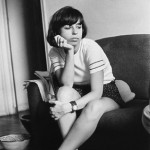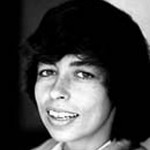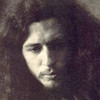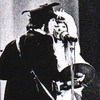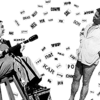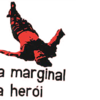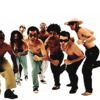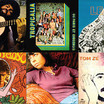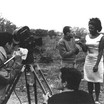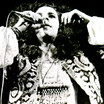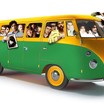Ilumencarnados seres
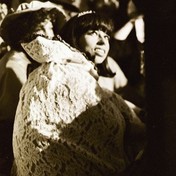
nara leão
Biographies

Nara Leão was born in Vitória in 1942. In the early 60’s, in Rio de Janeiro, she received the epitaph “the muse of the Bossa Nova”. Her house became the headquarters of sorts of the movement. Nara herself was by then one of the top singers in the Bossa Nova style.
“no avesso do espelho
mas desaparecida
ela aparece na fotografia
do outro lado da vida”
Caetano Veloso e Gilberto Gil
Nara’s delicate image would, however, gain a new and surprising outline. Restless and creative, the artist didn’t settle for aesthetic titles and comforts. Nara’s greatest fame was achieved singing political songs and sambas from the Rio hills. Next to Zé Kétti and João do Vale, the singer was part of the show Opinião, staged in Rio de Janeiro in 1964.
Two years later Nara won TV Record’s 2nd Festival of Brazilian Popular Music singing “A Banda” with the song’s author, Chico Buarque. “A Banda” was a great success across the country. As Nara Leão was henceforth seen primarily as an interpreter of Chico Buarque’s compositions, her joining Tropicalism in 1967 was a source of great surprise. Singing the song “Lindonéia”, Nara was part of the movement’s manifesto-album, Tropicália or Panis et Circensis.
After some time in Paris, along with Chico and Maria Bethânia, Nara appeared in the film Quando o Carnaval Chegar, in 1972, directed by her husband Cacá Diegues. The film’s music was released in an album of the same name recorded by the three singers. That same year, while still in Paris, Nara released the anthological album Dez anos depois, in which she offered her definitive view of Bossa Nova.
Slowly, Nara stepped back from her artistic activities. In 1989, at 47, Nara Leão was the victim of a brain tumor. She died on June 7th of that same year.
